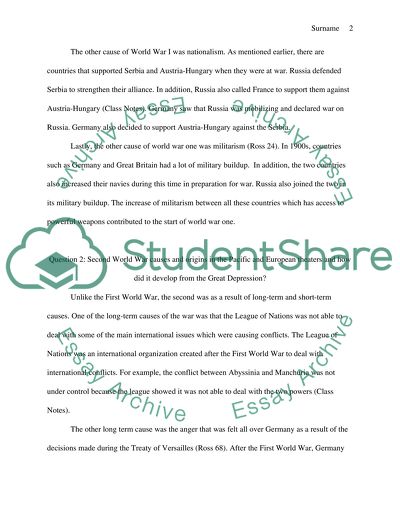Cite this document
(“World history Essay Example | Topics and Well Written Essays - 2500 words”, n.d.)
World history Essay Example | Topics and Well Written Essays - 2500 words. Retrieved from https://studentshare.org/history/1690705-world-history
World history Essay Example | Topics and Well Written Essays - 2500 words. Retrieved from https://studentshare.org/history/1690705-world-history
(World History Essay Example | Topics and Well Written Essays - 2500 Words)
World History Essay Example | Topics and Well Written Essays - 2500 Words. https://studentshare.org/history/1690705-world-history.
World History Essay Example | Topics and Well Written Essays - 2500 Words. https://studentshare.org/history/1690705-world-history.
“World History Essay Example | Topics and Well Written Essays - 2500 Words”, n.d. https://studentshare.org/history/1690705-world-history.


